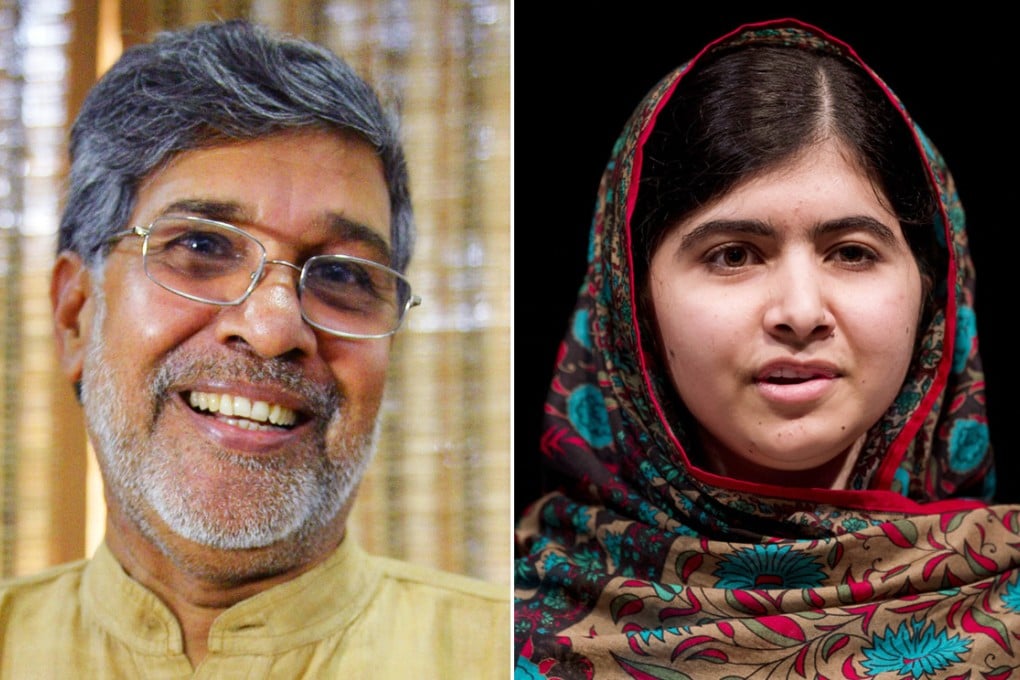Peace prize an inspiring choice
The Norwegian Nobel committee is often criticised for putting politics and celebrity ahead of causes in its annual selection of its peace prize receipient.

The Norwegian Nobel committee is often criticised for putting politics and celebrity ahead of causes in its annual selection of its peace prize receipient. While there was an element of that with its choosing of Pakistani schoolgirl Malala Yousafzai, her considerably lesser-known co-winner, Indian activist Kailash Satyarthi, makes it clear that this year at least, they have got it right. The pair are decades apart in age, yet are linked by a common concern for the education and rights of children. Given the threats posed to the world's young by extremists and exploiters, their award is well-deserved.
People under the age of 25 comprise 60 per cent of the population of poorer countries, where abuses of the young most occur. Women and girls are especially vulnerable in countries where Muslim extremists like Islamic State, the Taliban and Boko Haram are influential. Illegal child labour is a similarly prevalent violation of rights; the committee pointed out in its citation that globally there are an estimated 168 million child labourers. The figure is down 78 million from 14 years ago, in large part due to Satyarthi and other activists.
Yousafzai - almost universally known as Malala and at 17 the youngest-ever winner of a Nobel prize in any category - already has international superstar status. Aung San Suu Kyi, Desmond Tutu and Andrei Sakharov are among those who were similarly famed when they were awarded the prize. She has toured the world campaigning for the rights of girls to an education since being shot and severely wounded two years ago by fundamentalist Muslim Taliban fighters for her pushing of the cause in her native Swat Valley in Pakistan.
The prize has been touted as an effort to repair relations between rivals India and Pakistan, smooth tensions between Hindus and Muslims and make a statement against Islamic extremism. These are political matters that a prize, no matter how prestigious, cannot resolve. By itself, it will not curb fanatics or greedy employers. But it can embolden and encourage others to follow in the paths of Malala and Satyarthi.